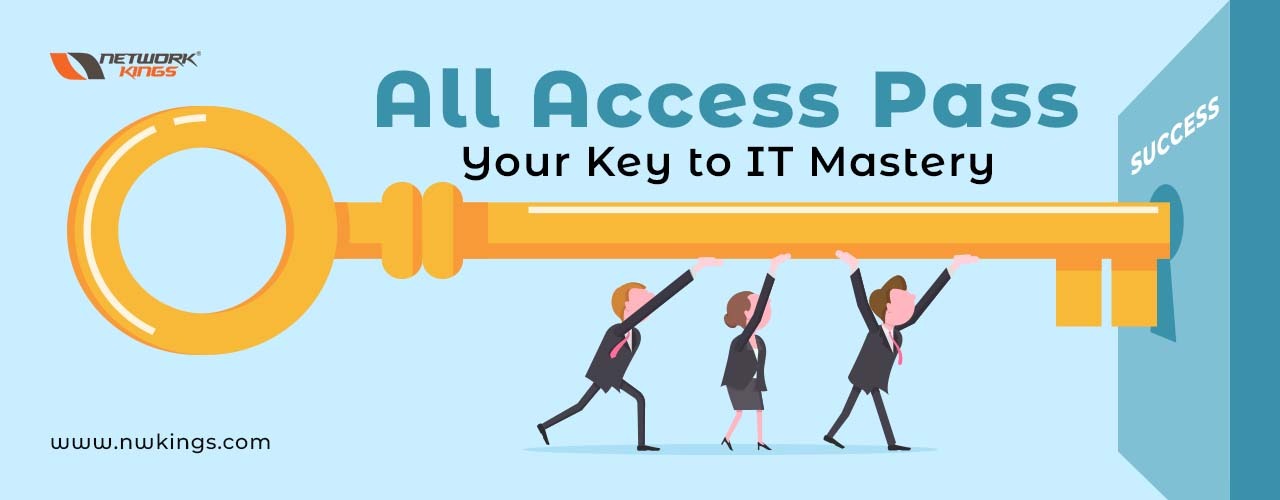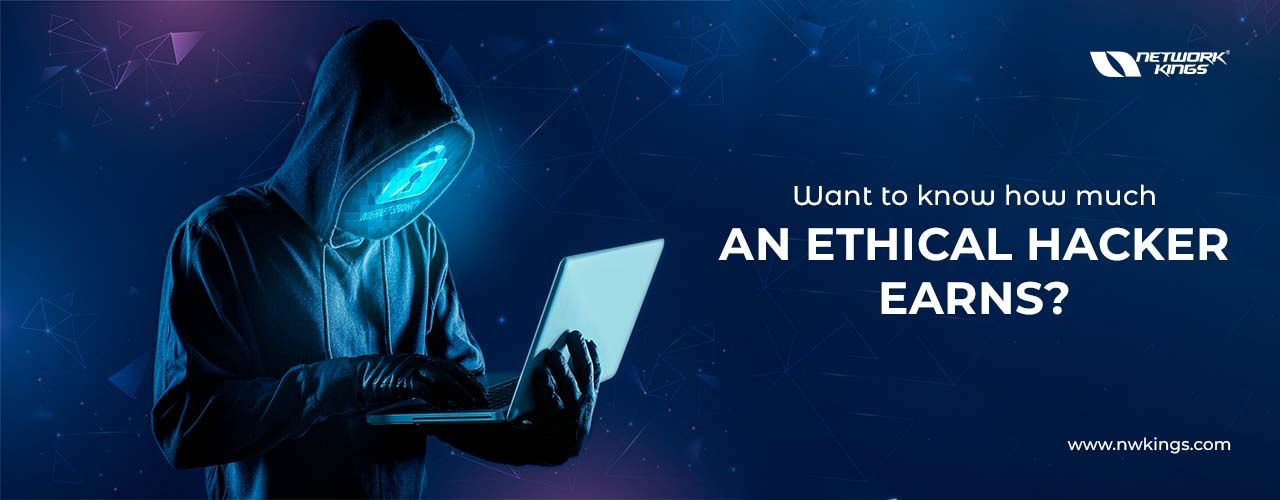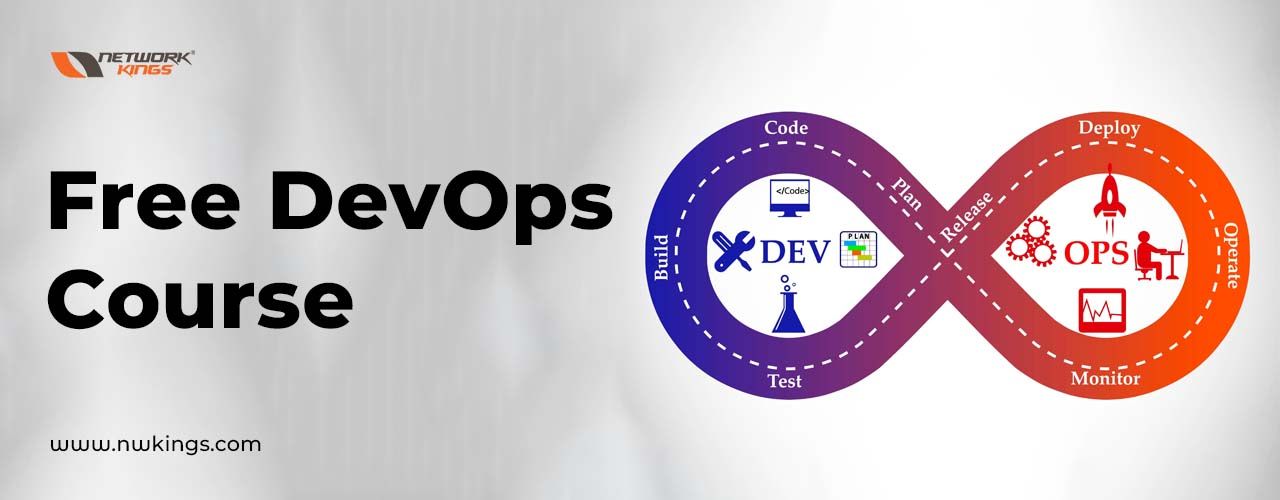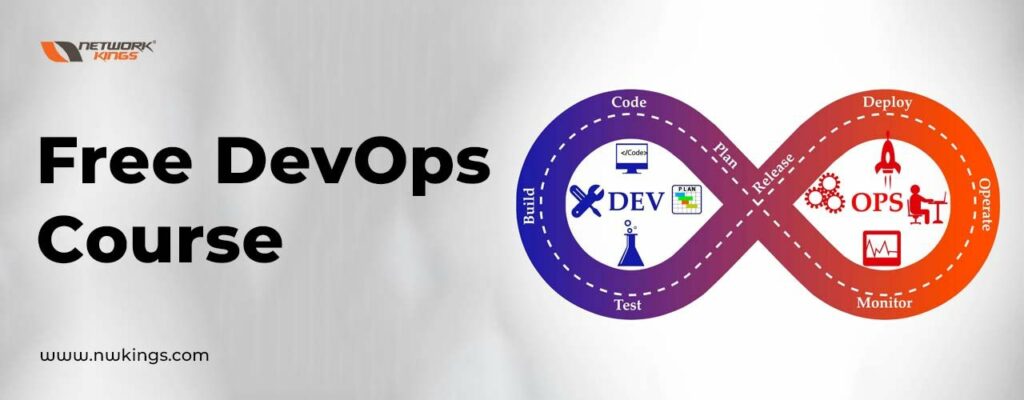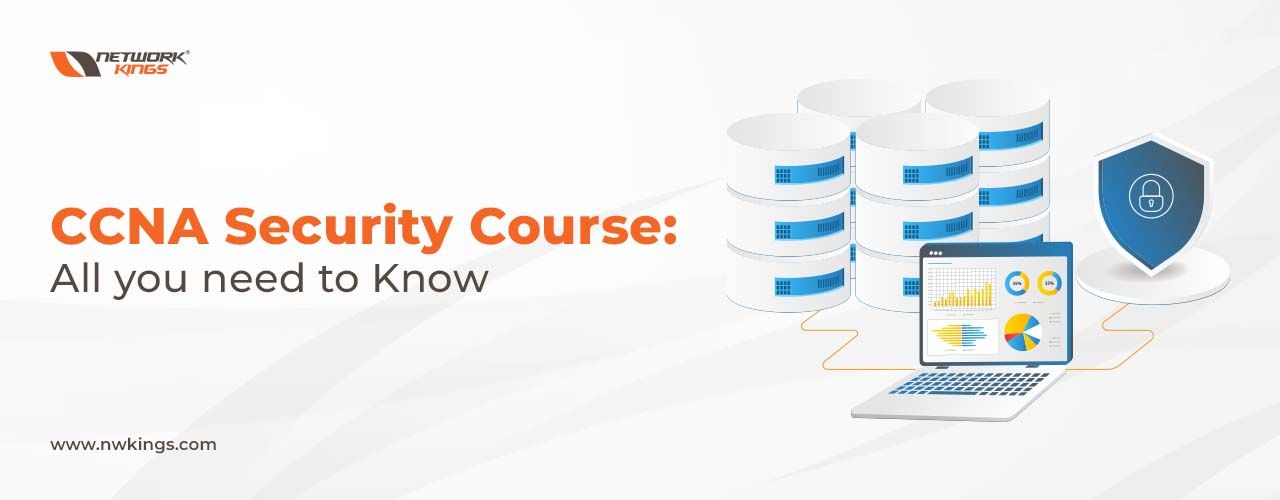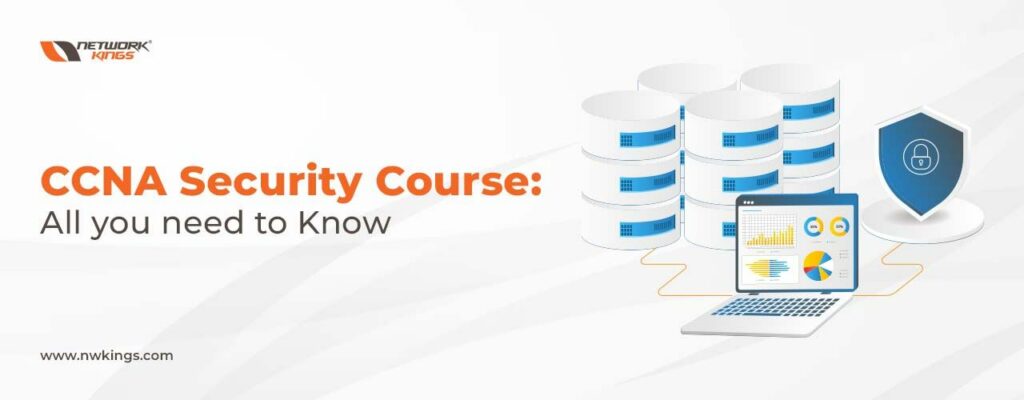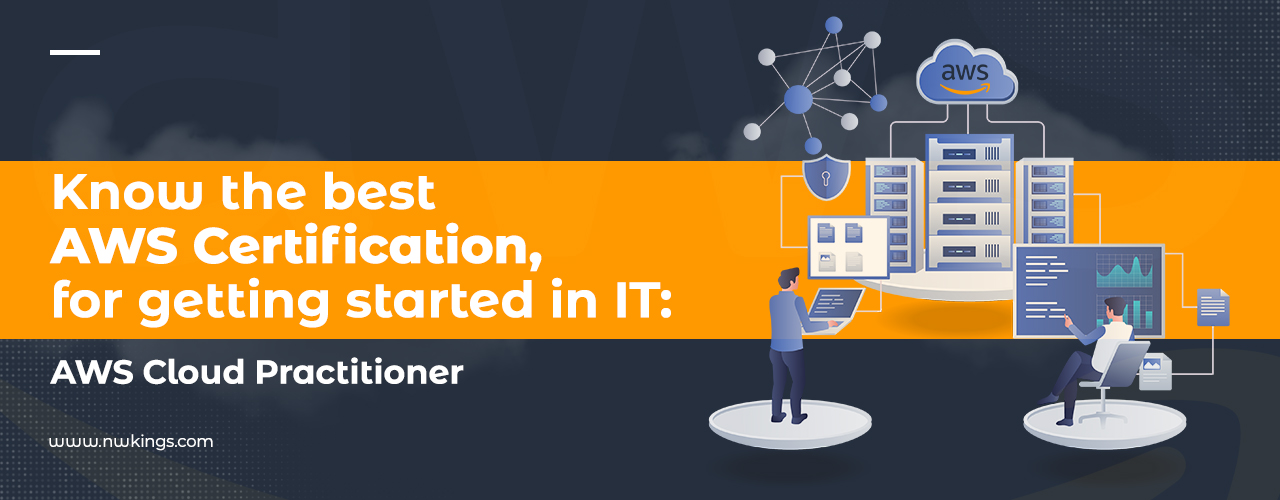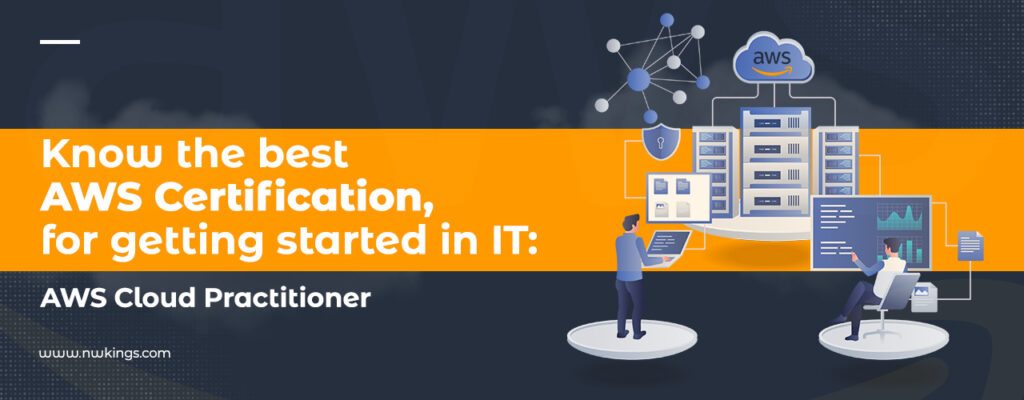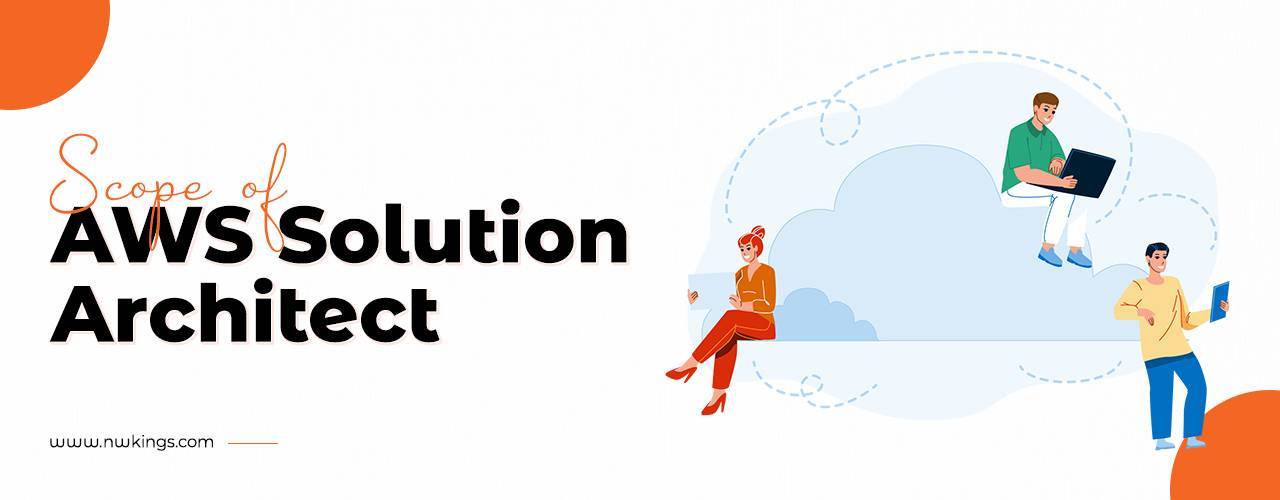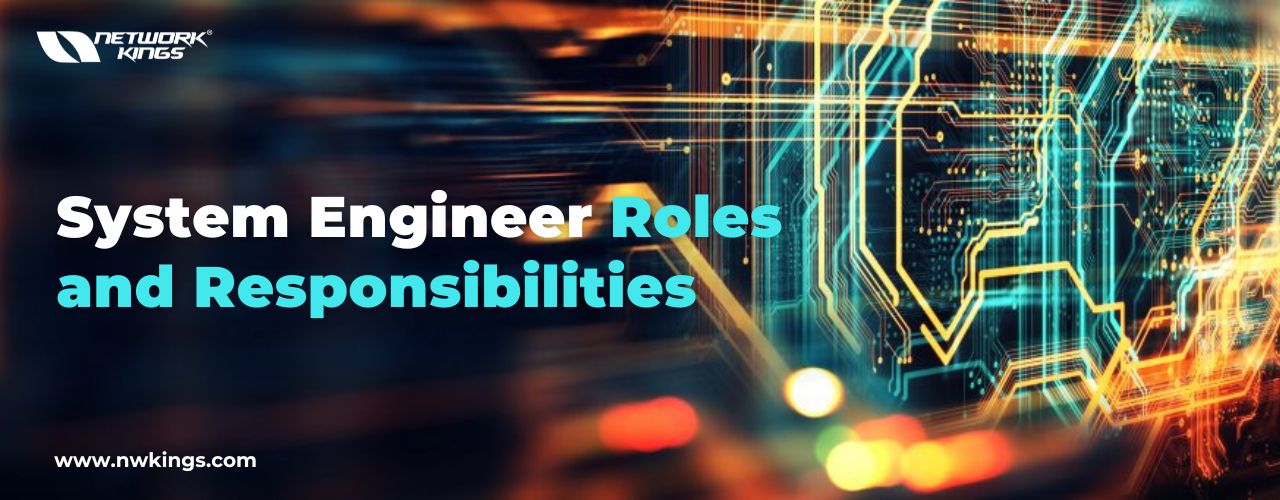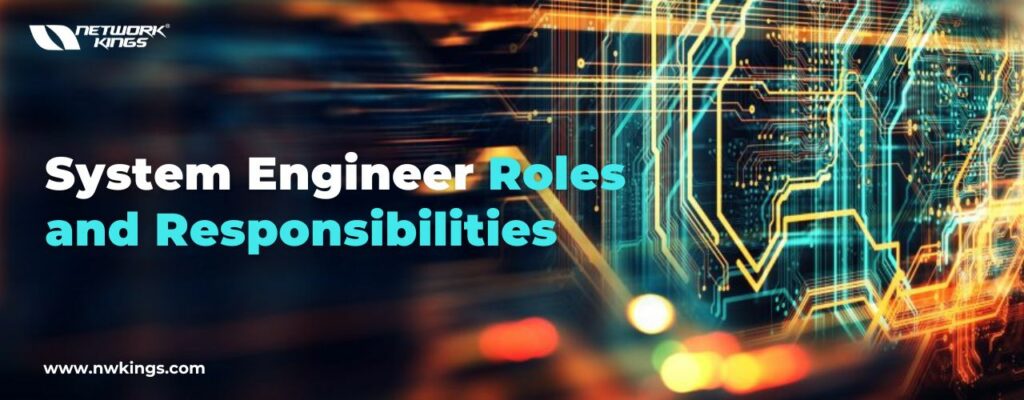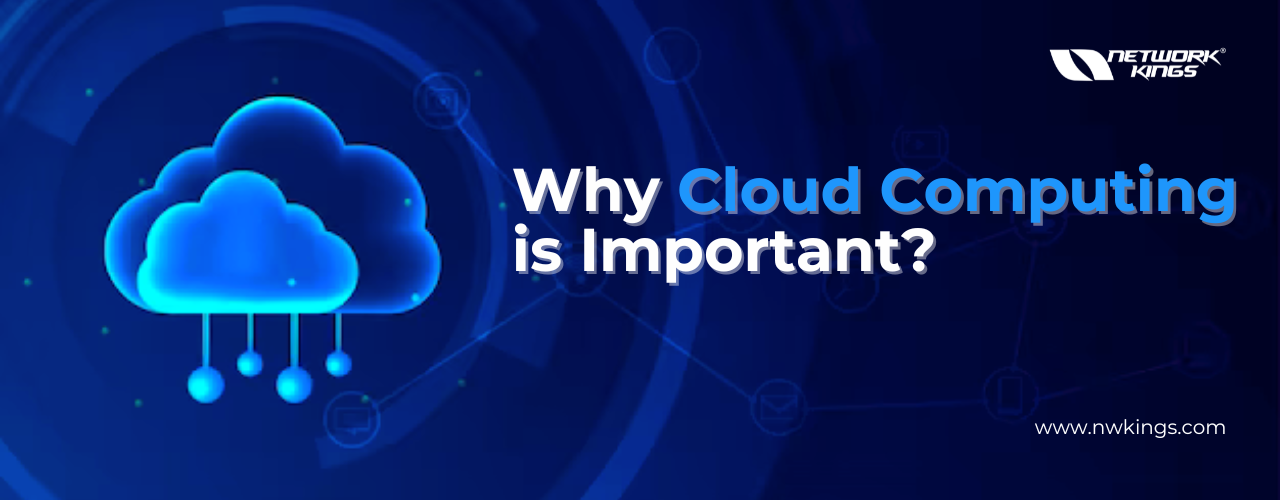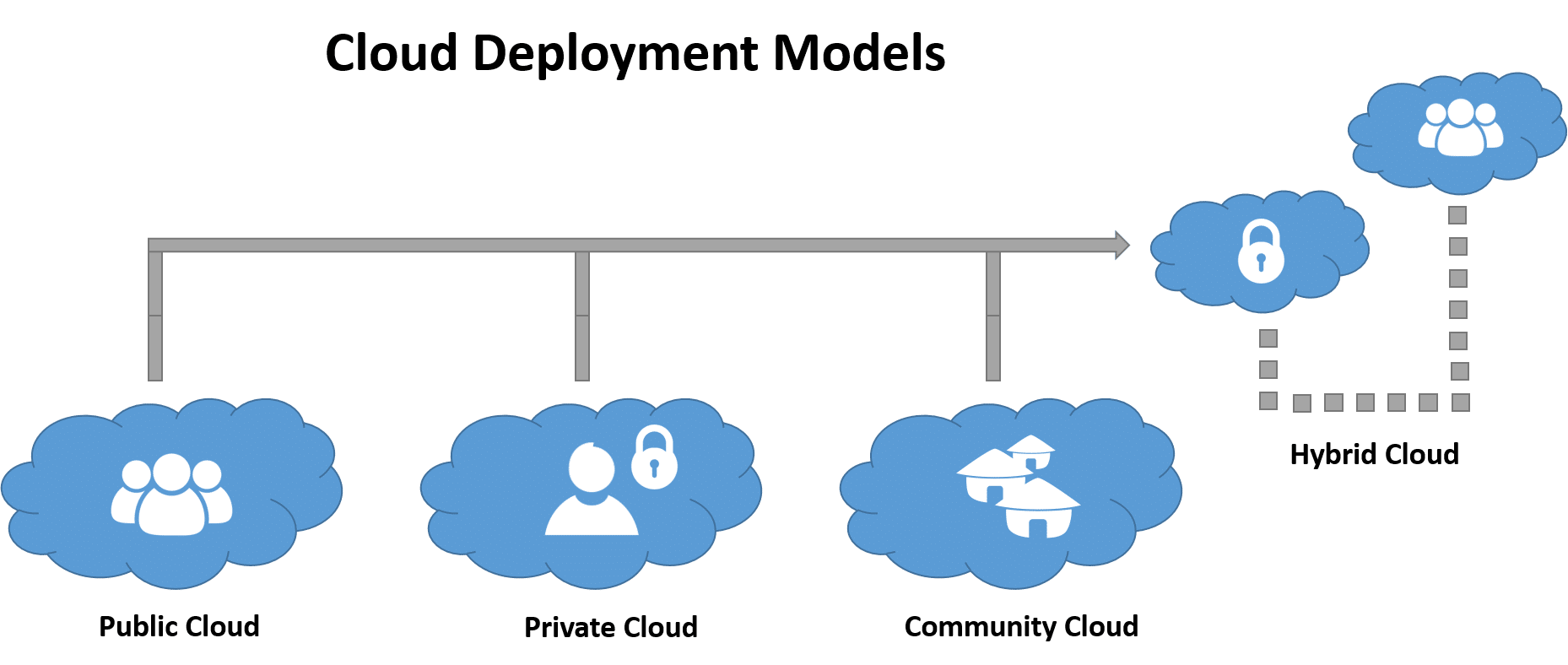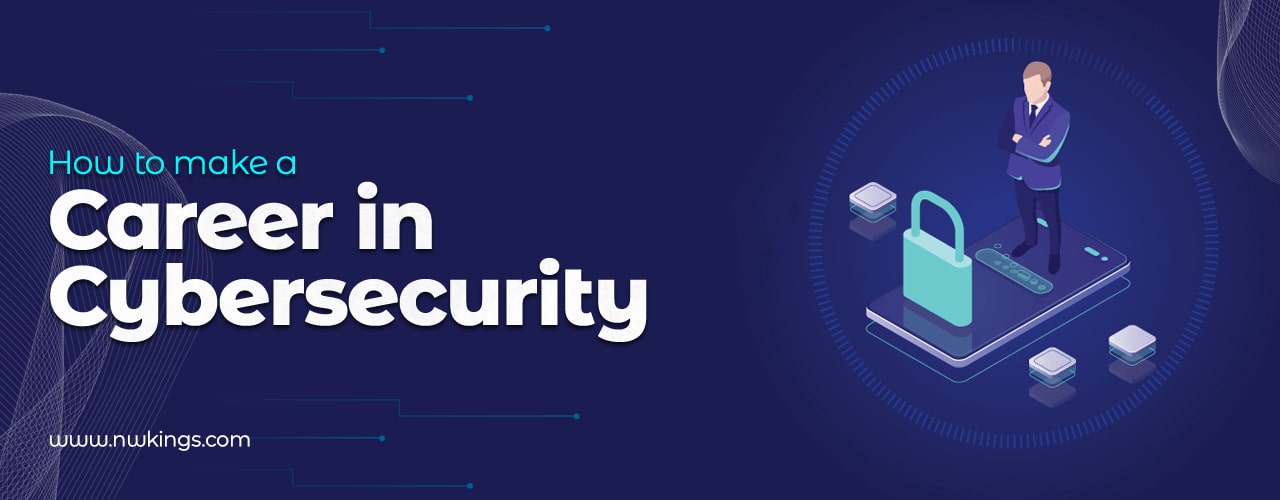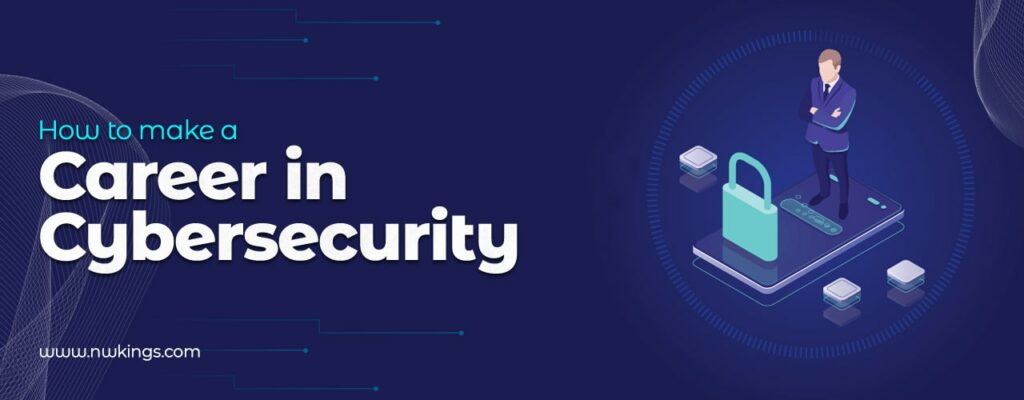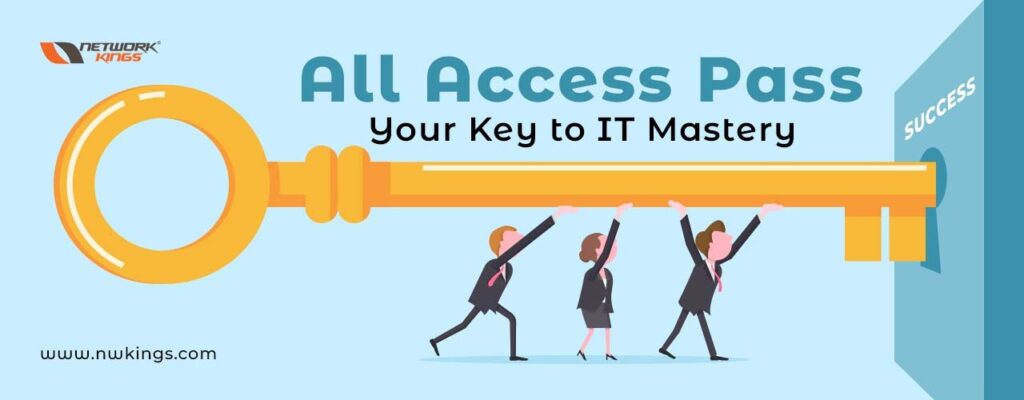
Whenever it comes to IT training, Network Kings is the name one thinks of. From Live training to recorded sessions, we have it all. But, do you know we have a universal remote that can land you a high-paying job anywhere around the globe? We call it our “All Access Pass.”
But what is this 'All Access Pass?'
The name suggests it all – a key with access to everything.
That’s right! There will be no doubt in considering our All Access Pass a golden ticket. Comprising 55+ in-demand IT Networking, Cybersecurity, Cloud, and DevOps courses, it has all the power to accelerate your career with a 5x velocity.
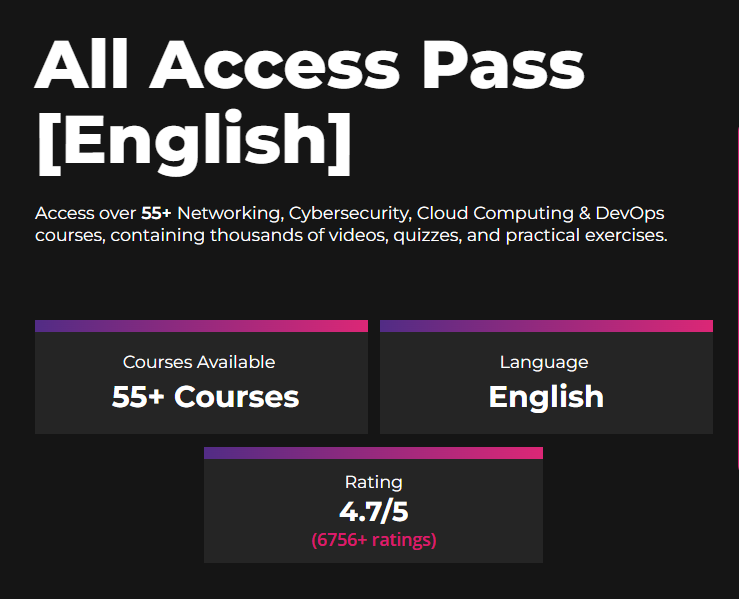
An individual from any level, be it a beginner, intermediate, or professional, our All Access Pass benefits all. It includes the course deck from fundamental to expert. You know what’s even more interesting?
Career Roadmaps. Yes, our All Access Pass provides career roadmaps to help you acquire your dream career in the smoothest way possible.
What career roadmaps will I get in All Access Pass?
To ease your tech journey and ensure you excel without the confusion of where to start, we have devised career roadmaps. And since we are offering 55+ courses, we have segregated the roadmaps into four categories, namely-
- Network Security

- Cybersecurity

- Cloud Security
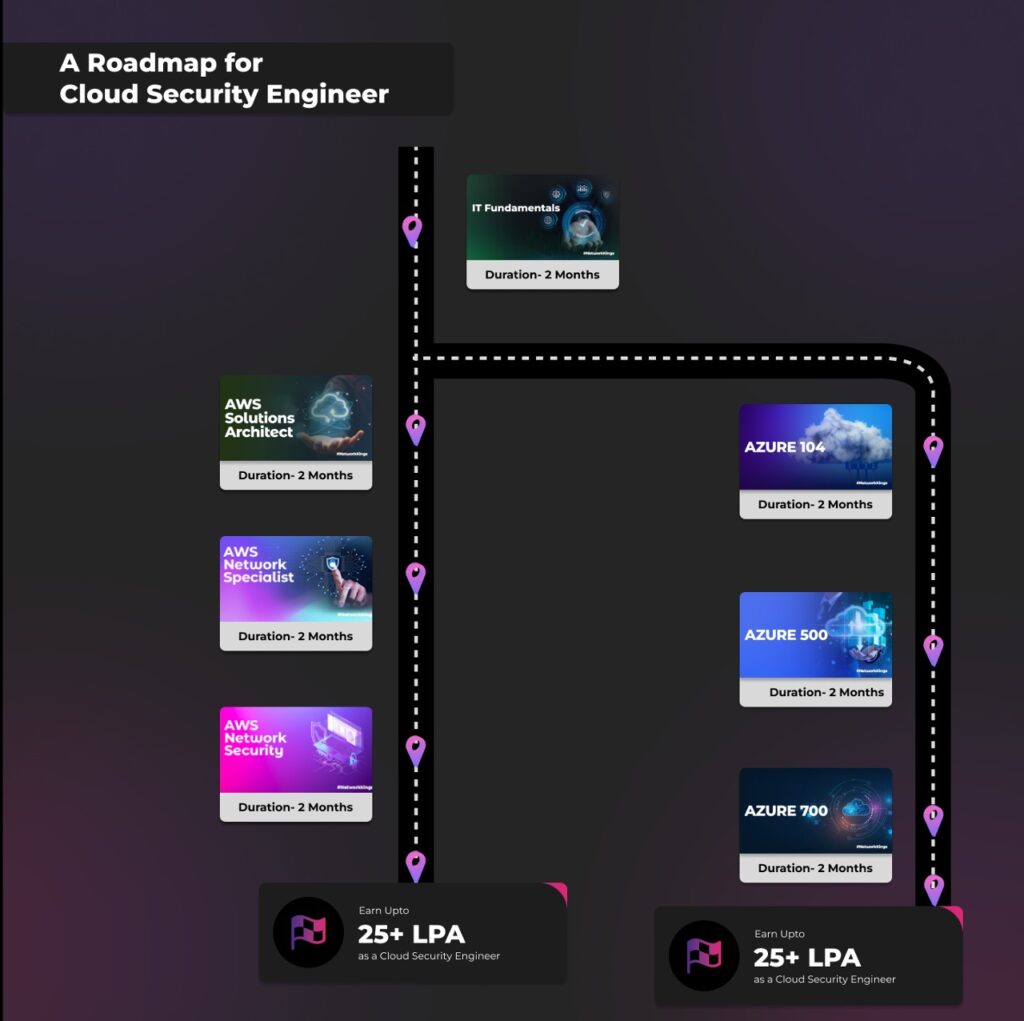
- DevOps

NOTE: You can begin with whatever roadmap excites you best. Since there is no limitation to learning, you will get it all.
How is this All Access Pass going to help me?
Indeed, this question must have occupied your mind right now. No worries, all your queries will get answered here only.
Our All Access Pass is ideal for people wishing to build a solid career in IT without hurting their pockets. Yes! You are getting all these 55+ courses worth $10000 at the price of just one. Once you buy the membership, you get it all without any delay and that too for a year.
What will I be getting in the All Access Pass membership?
Benefits are what we all crave for. Undoubtedly, our All Access Pass membership is a fortune. You will be getting access to
- The Lessons
You will learn directly from real-time engineers and Ex-Cisco, Microsoft, Cybersecurity, and AWS Engineers!
- The Labs
Once you avail the membership, you will be able to access the world’s biggest virtual labs with zero downtime 24*7.
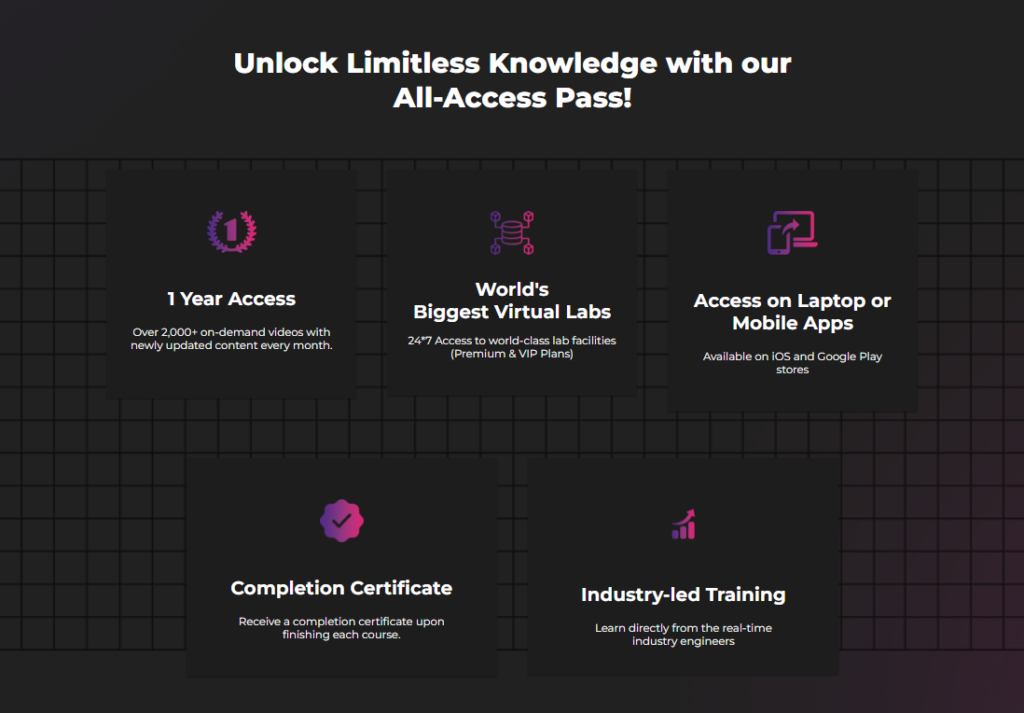
- The Certificate
After completion, you will be awarded the certification of completion that adds credibility and value to your resume.
- Flexible Hours
You can learn as per your availability. There are no fixed hours to study since you have access to 2500+ in-demand IT Networking, Cybersecurity, Cloud, and DevOps course videos.
What courses are included in the All Access Pass?
Wondering what you will get with this membership?
Well, pretty much everything!
All the beginner to advanced level courses related to-
IT Networking (CCNA, CCNP Enterprise, CCNP Service Provider, JNCIA, CCNP Data Center, CCNP Security, SD-WAN, Python for Network Engineers, etc.),
Cybersecurity (CEH, CISSP, Cyber DIY Expert, CompTIA Security+, Digital Forensic Essentials, CompTIA CySA+, CompTIA PenTest+, etc.),
Cloud (Azure, AWS, GCP, etc.),
Firewall (Palo Alto, CheckPoint, Fortinet, etc.),
Multivendor (Redhat Linux, MCSA, VMware, etc.), and
DevOps are part of our All Access Pass.
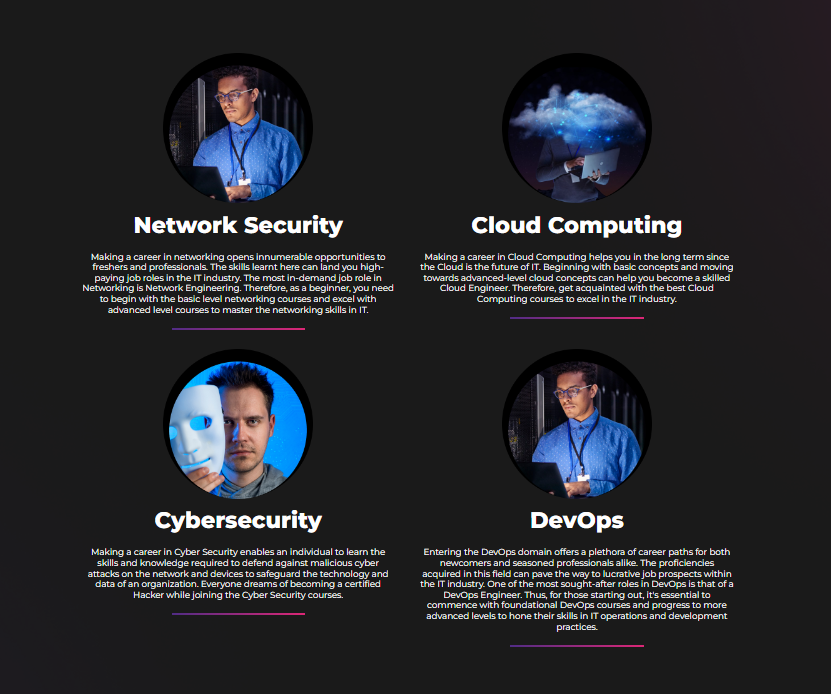
NOTE: More exclusive learning resources comprising courses, high-yield videos and much more are yet to come.
Are these classes LIVE or in self-study mode?
You must be wondering if our All Access Pass provides live training or not. Well, all the courses available inside the membership are in self-study mode that you can watch anytime and anywhere at your convenience.
But, it is worth noting that we do provide you with access to our ask portal to help you with any doubts or queries you may have.
NOTE: In case you wish to have a complete live-session training then we have our Live Access Pass for that.
Where can I ask my doubts other than the Live sessions?
To get your doubts cleared, we provide access to our ‘Ask Portal‘ where you can ask your questions and get them answered by our team of expert engineers.

Is there any cancellation policy?
As part of our courses, we provide digital content you can access from the first day of admission. Since digital products can not be returned or taken back, we do not offer refunds for the All Access Pass.
Can I land a job after completing All Access Pass courses?
After completing the All Access Pass courses, there is a high chance of landing a high-paying job in any IT domain. Everything relies upon your hard work. Though we are always available to assist and mentor you at every stage of your journey, your cooperation and dedication are the only factors that can make or break your career.
You can land at different job levels based on your experience.

Wrapping Up!
Our All Access Pass has everything you need to become an IT Engineer. But the real question is – Are you ready to kickstart your IT career? Think a bit.
Happy Learning!
NOTE: In case we have not answered any of your queries above, hesitate not to write to us. We shall definitely address it!

